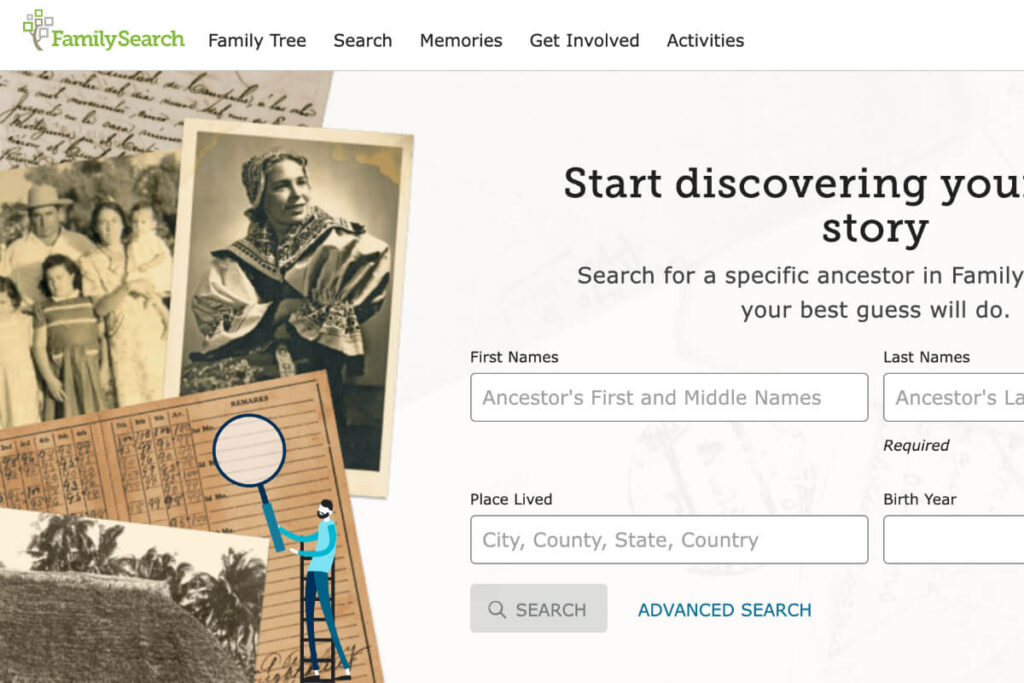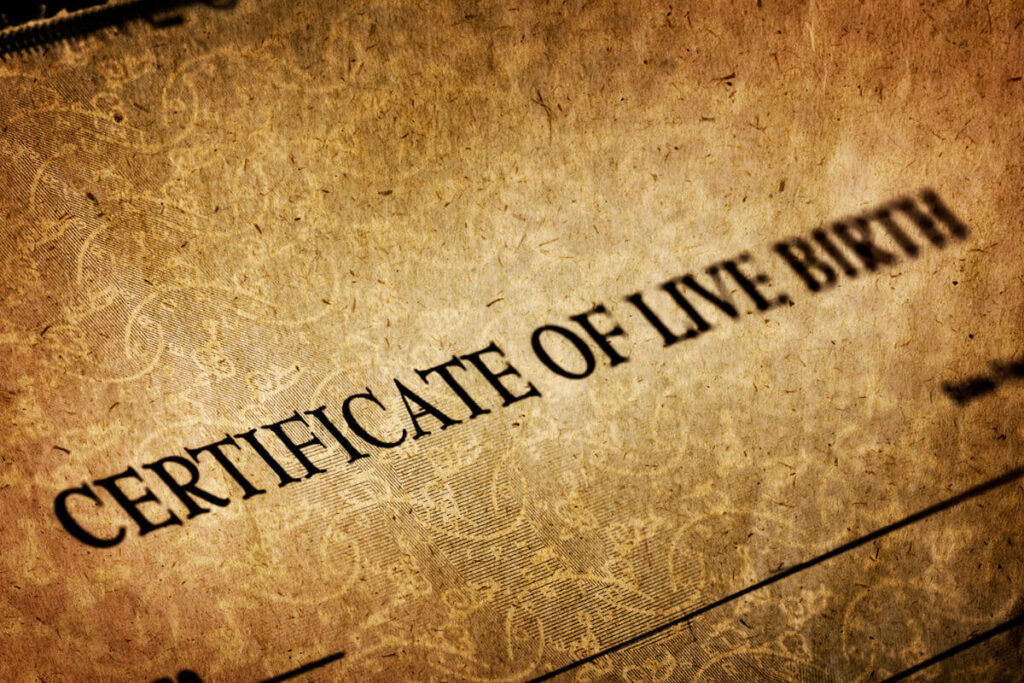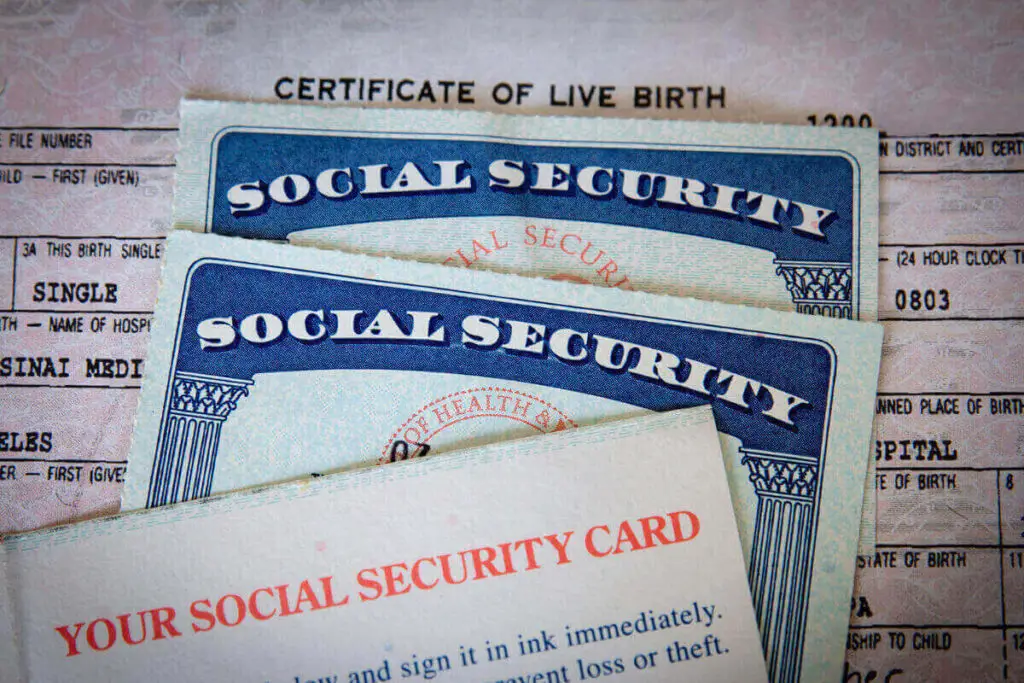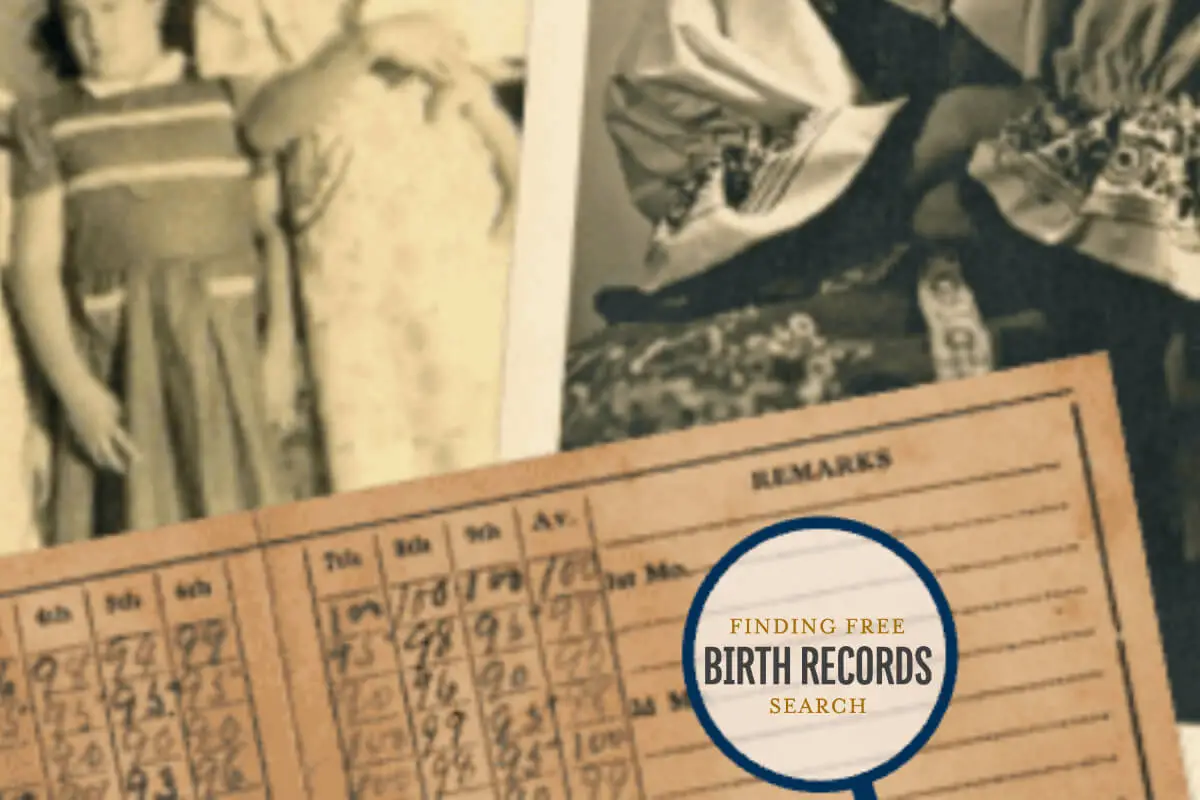If you’re looking for a birth record, it will depend upon whether or not the individual you’re looking for is now deceased or still living if you can find the record. Not all birth records are available to everyone.
If you are looking to find the birth records of your ancestors, and they passed away some time ago, these records you can usually find these online through a program like FamilySearch. FamilySearch is an entirely free program that you can sign up for to search millions of online genealogy records free. If you were looking for the birth records of someone presently living, this is a lot more difficult as most states have strict privacy laws on who can view what records.
Table of Contents
- Finding Free Birth Records For Your Family History
- Finding Birth Records For Those Who Are Still Living
- For Deceased People, Birth Information Is Available
- Related Content
Finding Free Birth Records For Your Family History
It is generally relatively easy to find birth records for your family members who have passed on or your ancestors. Most of these records are open and available to the public.
In the United States, different states have different laws regarding when they will publicly release birth certificates. For example, in the state of Alabama, it could be 125 years have passed since a person was born. Alaska could be 100 years; it depends on the location and where you are looking for the record.
Like the United States, most countries will also have restrictions on when and how they will release birth, death, and other records.
Sign Up For FamilySearch

When finding family history records, we recommend you sign up for a free account on FamilySearch. You can find out more about how to sign up for this account by clicking here.
All of the records on FamilySearch are free. They have a very easy-to-use search function, which allows you to search your ancestors by name, date, and location; you can even put additional information such as a parent’s name or other names of other relatives.
The records on FamilySearch are entirely free, and you can also see what others may be working on for the same family line and what documents they have found. FamilySearch is a collaborative program where people work together to find their ancestors and family.
FamilySearch will only show you records for deceased people; you will only be able to see records for any living records.
Finding Birth Records For Those Who Are Still Living
States and countries have different rules regarding whether you can search for birth records for those still living. But generally speaking, most countries and states protect the following.
Protect Someone’s Birthdate
So much of a person’s credit history is tied to their birthdate. Most states will not easily give out somebody’s birthday or other personal information without a good reason as to why you need it.

If you want a copy of your birth certificate, you should be able to go in and get a copy of your birth certificate. But if you want a copy of a friend’s birth certificate, it will be tough to get it.
This is due to privacy laws, the importance placed upon a person’s birthdate for credit, and other reasons.
Social Security Numbers
In the United States, Social Security numbers are also highly protected. This is because with a birthdate, Social Security number, and address, somebody could pose as you and get credit in your name.

Social Security numbers like birthdates are not given out easily unless given to you so you can verify that you are asking for that Social Security number.
Address, Residents, And Other Personal Information
Other things, such as a personal address, residence, or additional personal information, are complicated for someone else. Again, this has to do with privacy issues and protecting someone’s privacy and credit.
In short, if you’re looking to get your birth certificate or some of your personal information, you should be able to go to the state and get it once you can prove that you are actually who you say you are. But if you are looking for information on someone else, it will be tough to get it, especially in most states, as they have stringent privacy laws.
To find out more about what state allows what records to be shown, you can check out the website Reporters Committee; they have a list of what states will allow what birth certifications to be shown by clicking here.
For Deceased People, Birth Information Is Available
Birth information is available online for deceased people, especially if they have been deceased for some time. For example, my grandfather died in 1975; I can find copies of the census in his name and his passport and other records.
The state where he lived has deemed that enough time has passed that his birth records can also be online. So once each state says that a document can be released, then that will be released to the public domain.
Usually, once those records are released, then organizations such as FamilySearch will obtain the documents and put those records online. We recommend signing up for a free FamilySearch account if you want to discover your family history or genealogy. Once those records are available, FamilySearch will put them online for you to view.
The Hummel Family is a website all about Family History research. We focus on Swedish, German, English, Scottish, and American Genealogy. We also discussed Asia and China, as we had ancestors who spent many years in China.
You are welcome to join us and become part of our community by signing up for our FREE newsletter, The Hummel Family; sign up by clicking here.
Check out our Youtube Channel, Family HIstory Buzz, by clicking here.
Related Content
What Are The Swedish Mantal Tax Records?
The Swedish Mantal tax system was the tax system prevalent in Sweden for over 300 years. The Mantal tax was a tax placed upon Swedish households and people. The Mantal tax system was organized and structured.
You can learn more by reading our blog, What Are The Swedish Mantal Tax Records? History & Genealogy Research Tips by clicking here.
What Is The Purpose of Genealogy?
The purpose of genealogy is to study family, family history, and the tracing of our lineage or our ancestors. Genealogy’s purpose goes far beyond our ancestors’ dates, names, and places. This is because as you do your genealogy, you begin to learn more about your family and yourself. Genealogy helps to unite and link families together as you discover things about your family that you did not know.
You can learn more about Genealogy by reading our blog What Is The Purpose of Genealogy? by clicking here.
